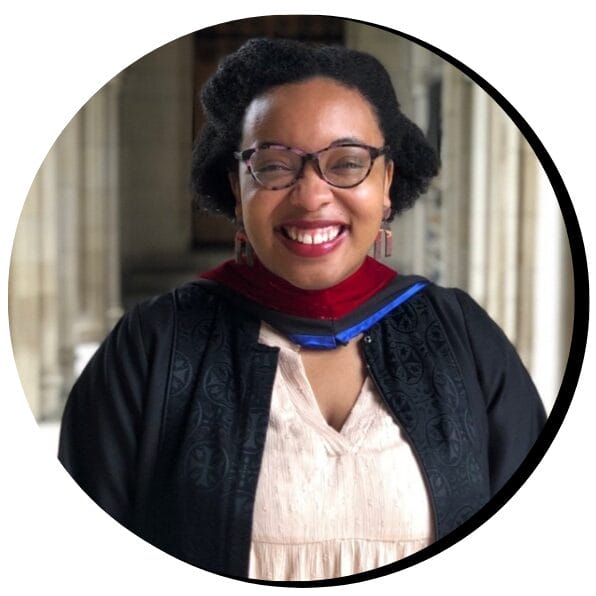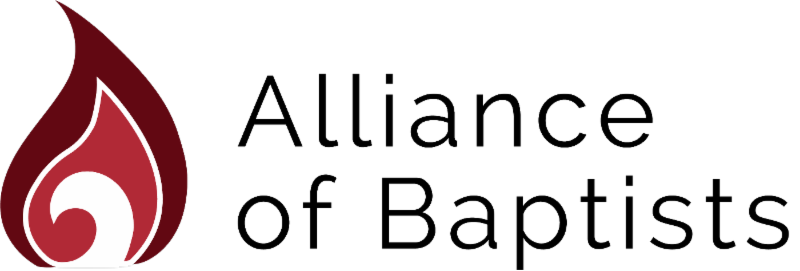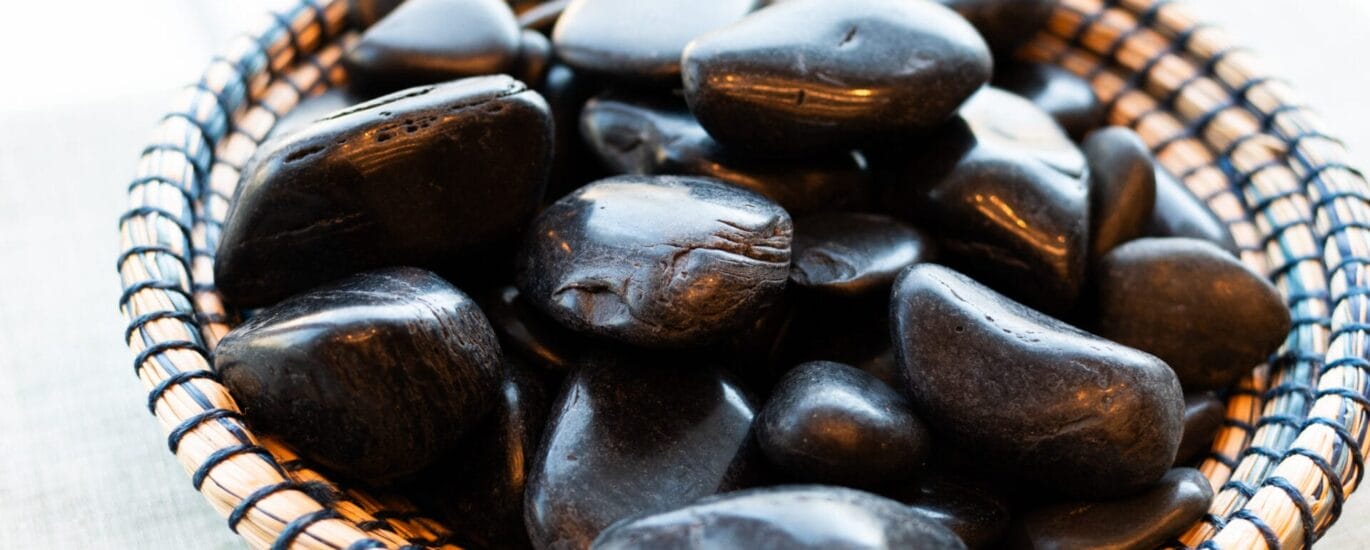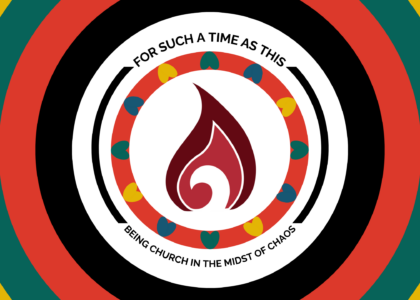by Leah Reed
Alice Walker offers us the wisdom that “hard times require furious dancing.” Hard times may also require dropping rocks in water bowls and wailing guttural screams.
On the Thursday before this year’s Annual Gathering, chaplains gathered from across the country in a small hotel conference room for the Chaplain Retreat, to explore and practice holistic care and healing, as informed by a womanist ethic and methodology.
Each of us arrived with our own stories, coming from a variety of social and geographical locations, and many different contexts and work environments. Many of us did not know one another, some not even knowing a single soul before walking into the room. But each of us were bound by our common calling: Each of us tasked with the holy work of bearing witness, remaining present, absorbing the sorrow and pain of others, all without breaking ourselves in the process. Each of us navigating the daily work of making space to hold the heavy burdens of others, all the while knowing we all have our own burdens that we are carrying.
In our time together, facilitated by Rev. Dr. Lauri Ann Swan and Rev. Amy Canosa, we explored a womanist ethic of care, drawing especially on the work of Dr. Emilie M. Townes. We considered what a womanist methodology might teach us about self-care, communal care, and embodied sustaining practices, for those who provide professional spiritual and emotional care.
Of course, there was not a singular “answer” or “solution” to the question of what womanist perspectives might teach us about care and healing. But the common theme that emerged throughout the day was the importance of our bodies. We were reminded that womanist methodology begins with the bodies and lived experiences of Black women. We were instructed that if trauma lives and happens in the body (not just in our thoughts and feelings), then our healing also must happen in and through the body. We were given an image of how God relates to our own bodies — touching all of us to embrace all of humanity in the caress of her relentless love. We were encouraged to claim that each of our bodies is sacred, divine, beloved, and worthy of healing and care.
And our learning invited us to a healing that was lived out in bodily practices:
So we danced. In the wisdom of Alice Walker who tells us that “hard times require furious dancing,” we danced. Some of us a little more hesitant and some of us a bit more bold, we waved colorful scarves around and danced along to the beat, brushing elbows with one another as we were encouraged to move in whatever ways felt good and right in our bodies.
We also dropped rocks in giant bowls of water, to release burdens that were weighing us down. Feeling the water splash on our hands and hearing the rocks knocking on the bottom of the bowl, we were able to let go and be free of things that we no longer needed to hold–some things that maybe were never ours to hold in the first place.
We also wailed. Whatever noise emerged from deep down in us, we let it out, together. Wails of grief, lament, sorrow, and whatever else were living in us, had the opportunity to be heard. And we paid attention to where we felt and experienced it–whether in our chest or deep in our belly–we named where in our body this release was taking place.
None of us heal in isolation. We heal in community. And in just a few hours, a version of community was cultivated; imperfect and incomplete, but beautiful nonetheless. Although we were only together for a short time, in those moments we were able to see each other deeply, hold each other gently, and affirm each other boldly.
Grounded in womanist traditions, through embodied practices, I believe that each of us experienced some of the healing and care that we seek to offer on a daily basis, as spiritual and emotional care providers in this beautiful and terrible world we inhabit. I believe that we each left that hotel conference room feeling a little more free in our bodies. And able to breathe just a little easier. And in some way renewed, for the good and transforming and liberating work that is ahead of us.
Amen and Ase.

Leah Reed is a member of the Alliance’s Endorsed Community, serving as a board certified hospice chaplain in North Carolina. She is a graduate of Baylor University and Duke Divinity School.
Cover Image by Unfiltered Photography





Recent Comments